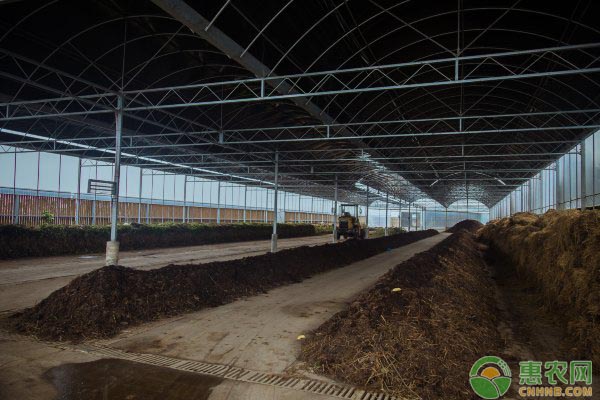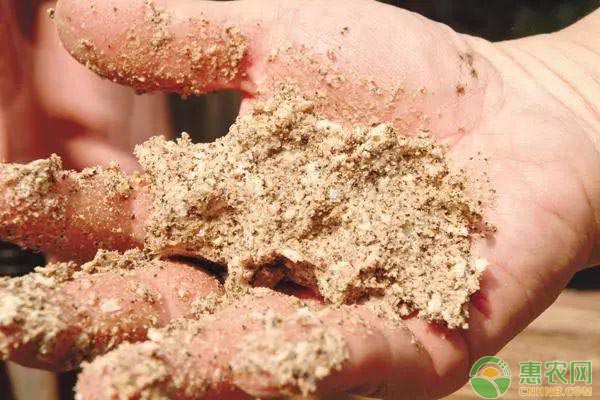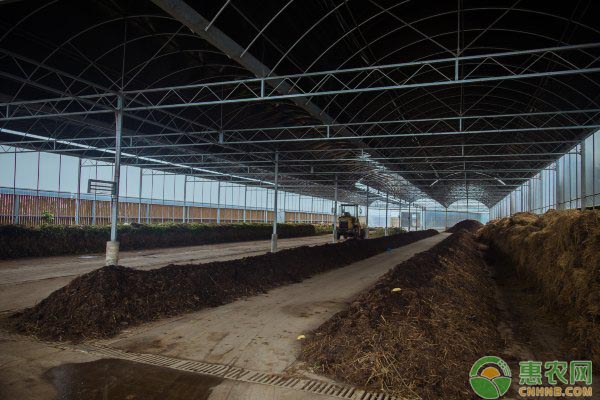What are the disadvantages of traditional manure stacking? What are the steps for simple fermentation of organic compost?
What are the disadvantages of traditional manure stacking? I believe many people should not understand it very well, and the advantages of organic fertilizer are obvious to everyone. Organic fertilizer is the most comprehensive fertilizer at present, and it is also a very popular fertilizer in the market. The following small series talk about the shortcomings of traditional manure stacking and the simple fermentation steps of organic compost. First, the shortcomings and problems of traditional manure stacking 1. The time for traditional manure stacking generally takes several months. If the fertilizer is piled up at low temperatures, it will take longer and the effect of stacking fermentation will be poor. 2. If the traditional manure is piled up for a long time, it will occupy the site and cause a certain degree of pollution to the surrounding environment. 3. Naturally, the fermented feces are rotten, smelly, difficult to transport, and difficult to apply directly to crops. 4. Natural heap fermentation does not remove harmful substances such as pathogens and eggs in the feces. 5, commonly used chicken manure compost may contain a lot of antibiotics, not suitable for organic fertilizer, if you need to use chicken manure, you must first ensure that the chicken is not injected with antibiotics. Second, the steps of simple fermentation of organic compost 1. Usage and dosage: Add appropriate amount of microbial organic fertilizer fermentation bacteria per ton of livestock and poultry manure, stir evenly, and the moisture content is about 60%. In the later stage, it is necessary to carry out timely dumping. The number of piles should be determined by the temperature inside the stack, and the temperature control must be strictly carried out. 2. Fermentation time and temperature: The general fermentation time is 20-25 days in spring and autumn, 15-20 days in summer and 30-40 days in winter. The optimum ambient temperature for fermentation is 25-35 °C. 3, matters needing attention (1) The amount of water should be adjusted according to the humidity of the raw materials: when the compost is dry, more water is needed, and vice versa. (2) Sealed fermentation: When anaerobic fermentation, if the seal is not strict, it is easy to enter the air and cause high temperature, which affects the quality of organic fertilizer. When the organic compost has a scent and is not stinky, the decomposing process has basically been completed. Homemade organic fertilizer must ensure that the compost is completely decomposed. If the compost is not thorough, it is easy to continue to ferment and cause the local temperature of the soil to be too high, and finally cause the burning of the seedlings. Food emulsifier refers to the material that can improve the surface tension between various constituent phases in the emulsifying system and form uniform dispersion or emulsifying body, also known as surfactant. Or to make the insoluble liquid into uniform dispersed phase (emulsion) of the material, add a small amount of oil and water can significantly reduce the interface tension, emulsifying effect of food additives.
The emulsifiers provided by our company include: sodium stearyl lactate, calcium stearyl lactate, diacetyl tartrate monoglyceride, sucrose fat ester, distilled monoglyceride, laurate monoglyceride, propylene glycol fatty acid ester, polyglycerin monostearate, etc.
Besides the emulsifying agents material in supply, our company also can custom your unique formula upon your requirements. The formula is under confidential to protect your business.
sodium stearyl lactate, calcium stearyl lactate, diacetyl tartrate monoglyceride, sucrose fat ester, distilled monoglyceride Allied Extracts Solutions , https://www.alliedadditives.com


Emulsifiers in food include:
Emulsification; Foaming effect; Suspension; Demulsification and defoaming; Complexation; Crystallization control; Wetting; Lubrication.